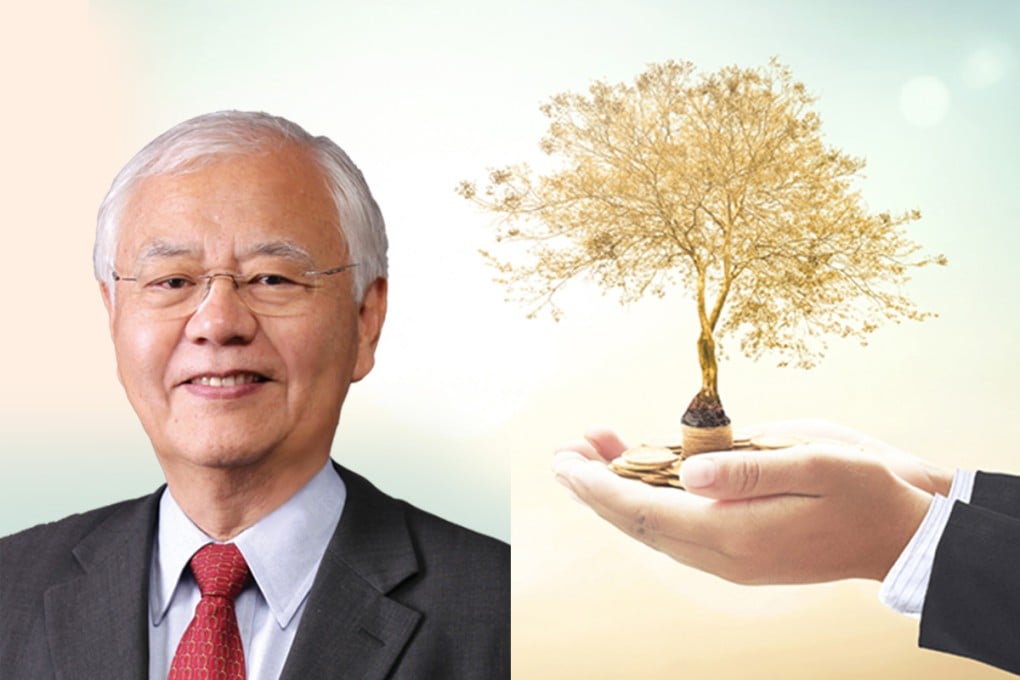Holding the Family Together when the Founder’s Business is Gone
To preserve its wealth, a family needs entrepreneurial energy, so the family ofce should ensure that some resources are devoted to forward-thinking members.

[The content of this article has been produced by our advertising partner.]
By Professor Roger KING
Senior Advisor and Founding Director, Roger King Center for Asian Family Business and Family Office
HKUST Business School
In 2017, when the Hong Kong-based Tung family sold its 69% share of Orient Overseas (International) to Cosco Shipping and Shanghai International Port (Group) for HK$34 billion (US$4.3 billion), it seemed to be the end of a family business story that stretched back to the founder, Tung Chao-yung in 1969, and included a former chief executive of Hong Kong, Tung Chee-hwa1. Three generations of the Tung family helped build OOIL into the seventh largest container shipping company in the world, with 3.2% of the global market. But from an Asian family business perspective, this was a natural progression. The stereotypical Asian family business is said to last no more than three generations. But for the Tung family, like many others, the exit from the original family business represents both a liberation and a challenge. The liberation appeals to the third and fourth generations who may now pursue interests of their own, outside the family mantle. The challenge is how to preserve the values of the family and preserve the wealth. This is where the family office comes in.
Hong Kong and Singapore are currently engaged in a tug of war over family offices, entreating Asia’s ultra-high net worth individuals (UHNW, generally considered individuals with holdings over US$30 billion) to their shores. At the latest count, Singapore has 700 family offices,2 up from 400 at the end of 2020, while Hong Kong has 400, with 14 set up in the past year and another 50 in the pipeline, according to the South China Morning Post.3 Although the competition for family offices is largely one about wealth management, these family offices can represent the continuing legacy of a family well beyond the founders. Whether they do so is perhaps the greatest challenge faced by Asian family businesses once they have exited the original business, like the Tungs and many others.
Establish a governance framework